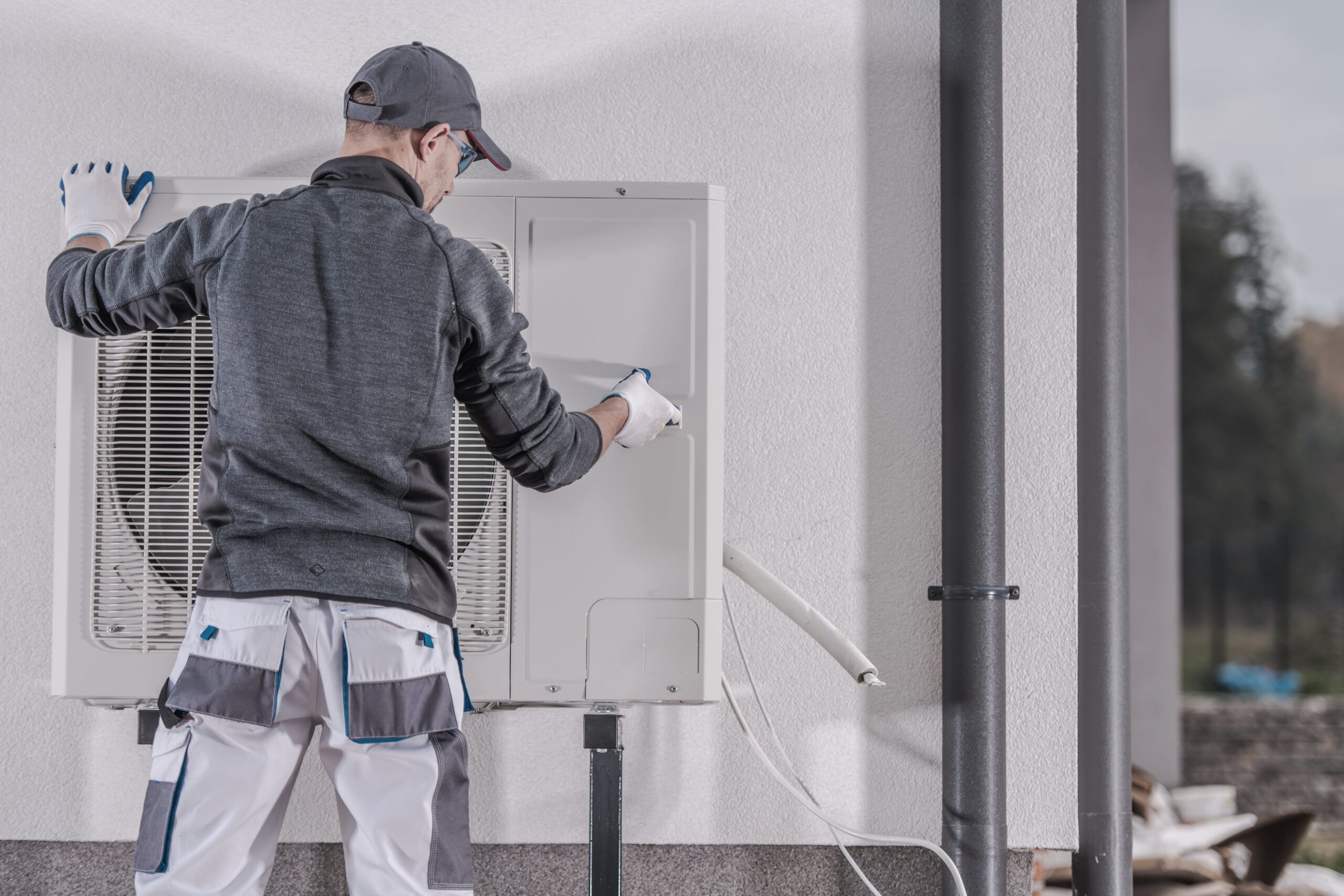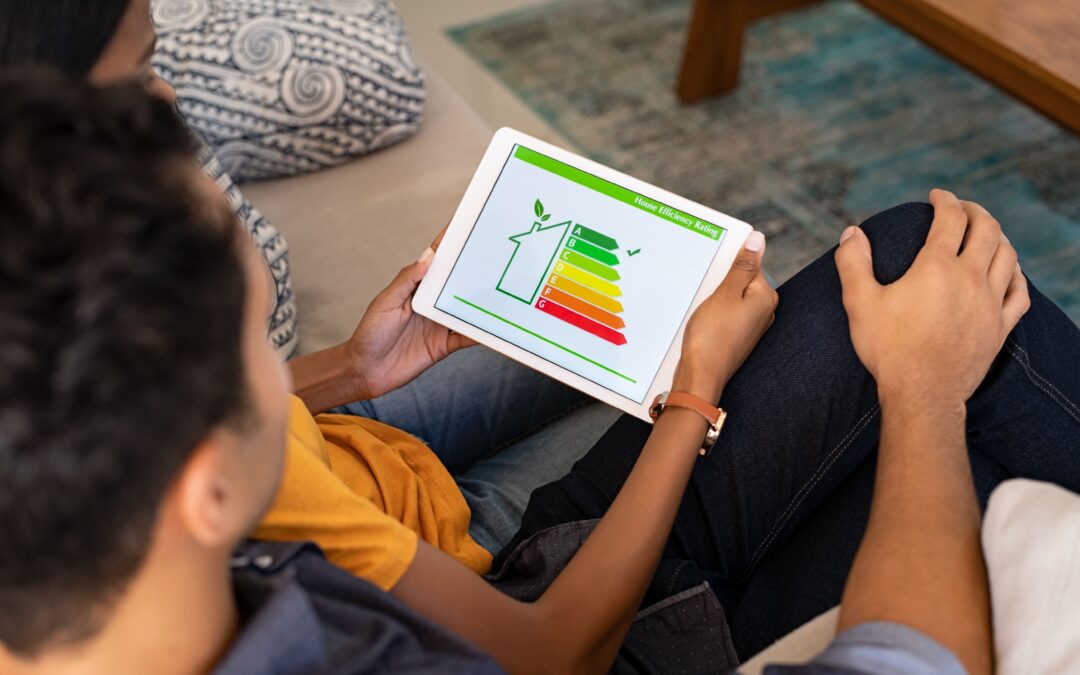In 2018, the Minimum Energy Efficiency Standard (MEES) legislation came into effect, requiring rented properties being let as new tenancies to reach a minimum energy efficiency score and demonstrate their sustainable credentials. Two years later, the legislation changed again to include all rented properties. The intention was to increase public awareness and sensitize people to the issue of energy consumption, to improve the quality of privately rented accommodation, increase energy efficiency and work towards reducing fuel poverty.
Landlords must acquire an Energy Performance Certificate (EPC) that shows the rating their property has been awarded. Historically, the minimum rating had to be at least E (the scoring system goes from A down to G) before the property can be rented out to a new tenant. There are also ongoing discussions that this could be raised to a higher minimum score fairly soon. High EPC scores can also help homeowners when it comes to selling their property, as this can help to increase its overall value and appeal to potential buyers.
The good news is that there are plenty of top tips that can help landlords and property sellers increase their EPC score. A few simple changes to the way the home is powered, insulated, lit and heated can make all the difference. Here are five suggestions.
LED lighting
Changing to LED light bulbs can help properties that are on the cusp of moving up to the next EPC score to reach that goal. Switching out old halogen or incandescent bulbs for newer LED ones will save both energy and money, as the bulbs are more efficient and last longer before needing to be replaced. You can change your bulbs over all at once, but that can be expensive. Changing them as they wear out could be a more cost-effective way of moving over to this more energy-efficient form of lighting.
Smart meter
It can be next-to-impossible to calculate how much energy a home is using without having a smart meter installed. Although the Government hasn’t quite managed to get a smart meter into every home in the country – a stated aim for 2020, their value has been appreciated by many households. The meter can tell you when you use energy the most, and how much you are using per day, week etc. You can use these figures to work out how to cut down on usage and save both money and fuel. They also send readings automatically to gas and electricity providers, saving the hassle of having to do this yourself. This helps you to receive accurate bills based on the most recent calculations, rather than estimates, which can be higher than necessary.
Heat pump
Heat pumps work by extracting heat from the outside and concentrating it via an electric compressor to be pumped into a building to keep it warm. They are a highly energy-efficient alternative to gas central heating. The technology can also be used to provide cooling systems that can replace standard air conditioning units. Installing a heat pump is a great way to increase a property’s EPC score, as it removes much of the reliance on fossil fuels that a gas-powered central heating system requires. They can also produce hot water for the home for cooking, washing and more.

Insulation upgrades
It can be alarming how much heat can be lost from a building that has inadequate insulation in place. Yet, upgrading or replacing older insulating materials can cost relatively little. This goes for the roof and walls, as well as plugging any gaps that let in cold air, such as around windows and under doors. There are different types of insulation available including both internal and external solid wall insulation and cavity wall insulation. Each comes with associated costs, but can help save money in the long run by reducing heating bills and raising your property’s EPC score – and thus its rental or resale value.
Double glazing – or triple
In the same vein as insulation, ensuring that windows are as well-fitting as possible can also help keep in the hot air in a home and reduce the need to turn on the heating. Most modern properties come with double or even triple glazing, but it is wise to check the windows of older properties and upgrade them as required. Adding double glazing – or triple – is one investment that could make a huge difference to your EPC score.
Finally, although a property’s EPC score gives its owner an idea of how energy efficient it is and provides some broad recommendations on how to improve the energy rating, there are more accurate methods of calculating energy ratings and how much energy a home uses, and giving more precise recommendations (i.e. sustainability solutions). The EPC+ service developed by Chamberlains Aqua & Energy Systems Limited (CAESL) is a good example that assesses energy performance/consumption (as well as the water usage) of a property through a number of steps: data gathering, energy & water audit, data analysis, simulations, solution identifications (recommendations), data verification, result validation, decision making and project management. The main drawback of EPC (compared to EPC+) is that the ratings and recommendations are based on assumptions instead of facts. Find out more about EPC+ here: https://www.chamberlainsaqua.co.uk/epc-plus/


Recent Comments